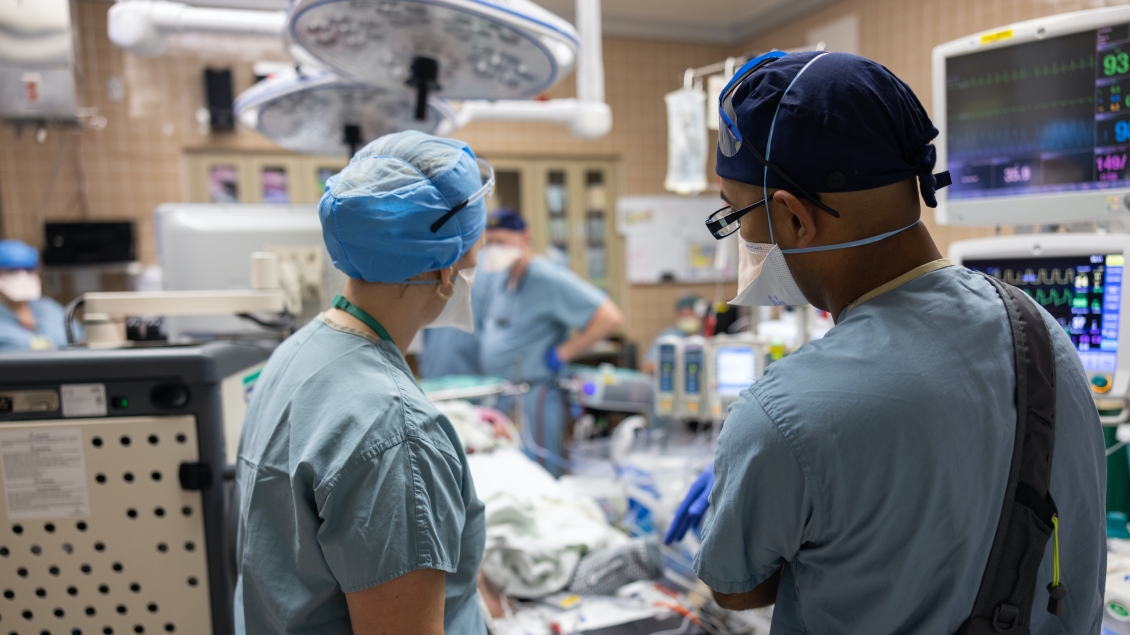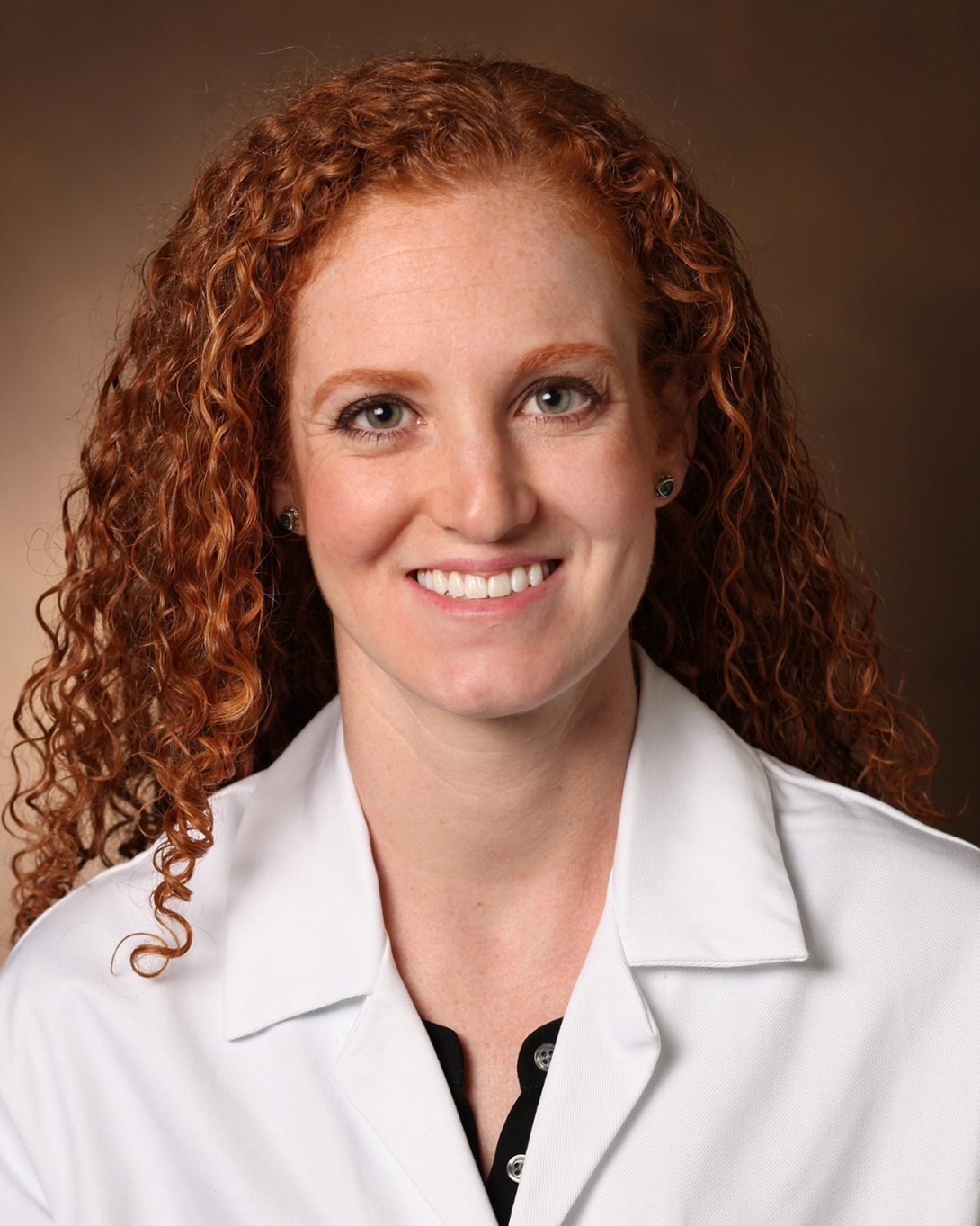
The U-M Medical School Department of Anesthesiology is at the forefront of research to better understand the care we provide and the decisions made by clinicians in everyday perioperative practice.
Our work in health outcomes research guides decisions about treatment options and interventions and improves patient care while increasing efficiency and equity and reducing cost.
Our teams include anesthesiologists, clinical investigators, statisticians, analysts, computer scientists, epidemiologists, management experts, and administrative staff. Together — and in collaboration with a range of partners and funders — our findings shape the delivery of education, training, care and recovery in perioperative care, and help to enable informed decision-making by clinicians and patients.
MPOG
The University of Michigan serves as the coordinating center for the Multicenter Perioperative Outcomes Group (MPOG), an international research and quality improvement collaborative and a platform for perioperative clinical trials. Through MPOG, perioperative data — including detailed clinical interventions and risk-adjusted outcomes — from more than 20 million patient records spanning over 60 hospitals, dozens of states and multiple countries, are collected for outcomes research and quality improvement.
ASCENT
Our work in outcomes research extends beyond clinical work to advance education and medical training. Launched in 2022, ASCENT is a department initiative focused on data science and innovation in anesthesiology education. Led by experts within the disciplines of education, healthcare informatics, outcomes research, faculty development, and diversity leadership, ASCENT will usher in the next era of competency-based medical education.
Multicenter Pragmatic Clinical Trials
Via the Multicenter Perioperative Outcomes Group infrastructure for which the University of Michigan serves as the coordinating center, our department contributes to the development and execution of some of the largest externally funded anesthesiology pragmatic clinical trials in North America, including the Trajectories of Recovery after Intravenous propofol vs. inhaled VolatilE anesthesia (THRIVE).
Anesthesiology Computational Medicine & Bioinformatics
The operating room is the most well-monitored setting in all of healthcare, and host to highly granular physiologic, laboratory, and annotated clinical intervention data routinely collected within detailed anesthetic records. Our department harnesses these robust data sources amenable to data science methods, including machine learning, natural language processing, and waveform processing, in order to generate deep clinical insights informing perioperative care.
Perioperative Precision Health
In preparation for surgery and specialized medical procedures, a wide array of patient health data are commonly collected, which may now be complemented with novel data streams including wearable sensors, genetic data, geolocation tags, survey data, and census tract data such as social determinants of health. Such data streams, which remain protected via rigorous data safety and security standards, provide a suite of tools for eligible, trained anesthesiologist clinician scientists to access, analyze, and yield complex inferences informing perioperative care trajectories.

Professor of Anesthesiology
Associate Chair for Strategy and Technology
Program Director
Outcomes Research
Associate Dean for Research Information Technology

Anesthesiology

Program Director
Anesthesiology and Program Assistant
Anesthesiology


Program Director
Anesthesiology and Program Assistant
Anesthesiology